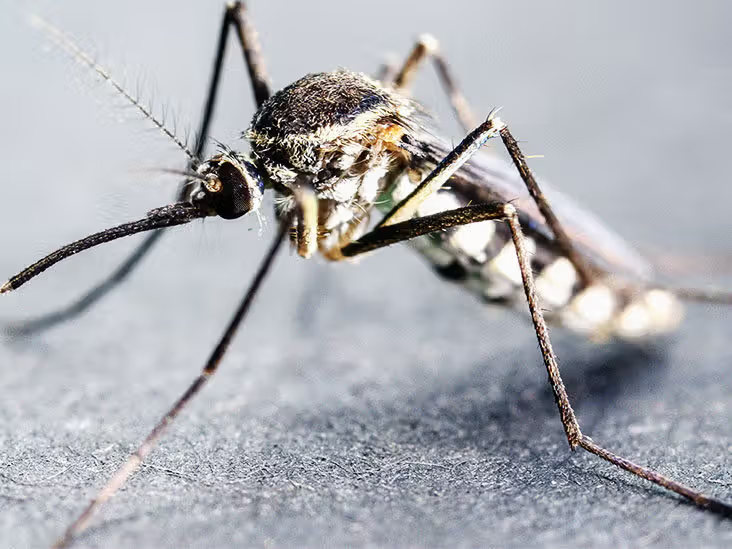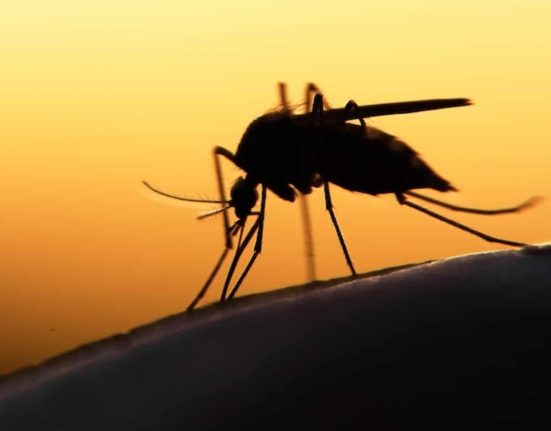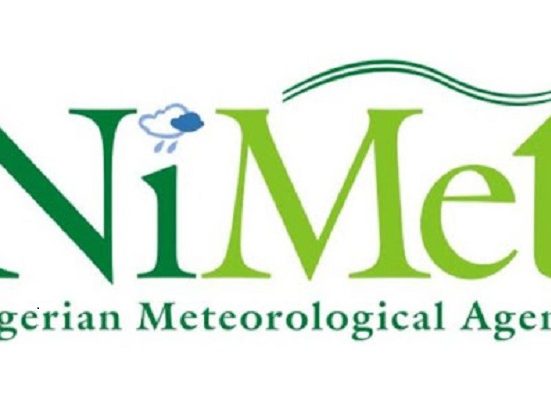Malaria specialists have welcomed the Senate’s recent move to establish a dedicated National Agency for Malaria Eradication but warn that without genuine political will, adequate funding, and close collaboration with researchers and stakeholders, the new body risks becoming another ineffective institution. The proposed agency, which sailed through its second reading in the Senate last week and now awaits further scrutiny by the Senate Committee on Health, is seen as a positive development that could accelerate Nigeria’s fight against malaria if properly implemented.
Sponsored by Senator Ned Nwoko and backed by a majority of senators, the bill titled “A Bill for an Act to Establish the National Agency for Malaria Eradication and for Related Matters” aims to create a standalone agency similar to the National Agency for the Control of AIDS (NACA). Experts believe such an agency can circumvent bureaucratic delays common in civil service structures, enabling more focused coordination of key malaria interventions including vaccination campaigns, insecticide-treated bed nets distribution, diagnosis, treatment, and public education.
Malaria remains a major public health challenge in Nigeria, which the World Health Organization (WHO) reports carries 27 percent of the global malaria burden, with approximately 68 million cases and 194,000 deaths annually. The African region, where Nigeria is situated, accounts for nearly 95 percent of malaria cases worldwide.
Currently, the Federal Government’s National Malaria Elimination Programme (NMEP) collaborates with partners like the Malaria Consortium and the Federal Ministry of Health to combat the disease. However, seasoned experts argue that the transition from control to elimination requires a sharper and more aggressive strategy to interrupt transmission chains and strengthen quality assurance in delivering malaria interventions.
Professor Chijioke Nwauche, NDDC Professorial Chair of Malaria Elimination and Phytomedicine Research at the University of Port Harcourt, described the establishment of the malaria agency as long overdue and critical for progress. He highlighted that having one dedicated agency would allow for better mobilisation and training of the workforce, clearer budgetary planning, and elimination of duplicative efforts. According to Nwauche, reducing malaria incidence has a direct positive impact on Nigeria’s economy by increasing workforce productivity and overall GDP.
He further cited the success of Nigeria’s HIV control programme following the creation of a dedicated agency as evidence that a focused malaria eradication body could similarly drive significant gains. Nwauche stressed that Nigeria is currently in a transition phase, where malaria elimination requires intensified vector control and rigorous monitoring to disrupt disease transmission.
Supporting this view, Professor Olusegun Ademowo, a malaria pathogenesis and drug resistance researcher at the Institute for Advanced Medical Research and Training, Ibadan, said that although past efforts have reduced morbidity and mortality, malaria eradication remains elusive due to weak political commitment. He welcomed the proposed agency, emphasizing that its success depends on strong government backing and effective partnership with scientists.
Ademowo cautioned that the new agency must avoid becoming a mere financial conduit for personal gains and instead focus on deploying evidence-based strategies and skilled manpower. He lamented the dysfunction of existing bodies like NMEP and the Malaria Consortium, which suffer from poor management, insufficient funding, and lack of coordination with researchers who provide vital surveillance data.
“The disconnect between policymakers and researchers is a major barrier. We have the knowledge and data, but it is not being effectively translated into policy and action,” Ademowo noted.
He also called for increased investment in proven interventions, such as subsidizing antimalarial medicines for vulnerable groups and expanding access to the malaria vaccine, which currently relies heavily on donor funding.
If the new agency can address these systemic gaps and foster collaboration across all stakeholders, experts believe Nigeria can make substantial progress toward its goal of a malaria-free nation by 2030. However, without sustained political will and commitment, the battle against malaria will remain an uphill task.





